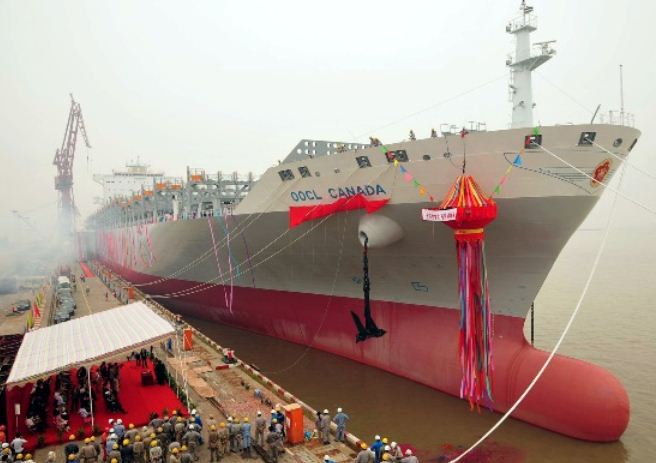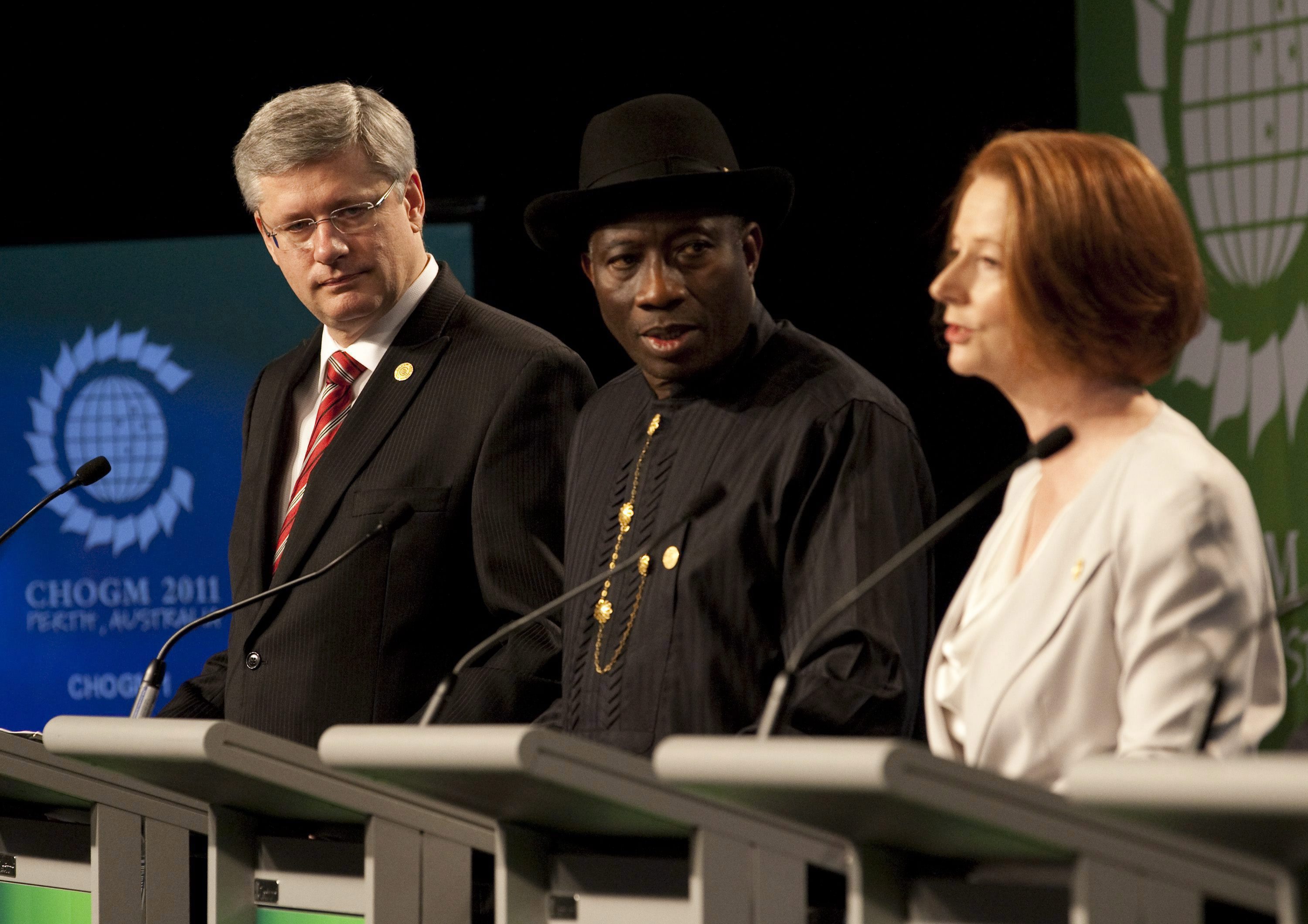Karel De Gucht, the European Union Trade Commissioner, arrived in Ottawa on February 6 to resume negotiations regarding the formation of a Canada-EU Comprehensive Economic and Trade Agreement (CETA). While the visit amounted to another fruitless addition to years of inconclusive discussions, the Canadian government has expressed cautious optimism that it is getting closer to ushering in the nation’s most significant economic accord since the 1994 North American Free Trade Agreement.
Bilateral dialogue pertaining to the formation of CETA was first initiated at the Canada-EU Summit in Prague on May 6, 2009, one year after the publication of a joint study that pointed to the significant potential benefits of increased economic integration. The proposed agreement calls for the total elimination of tariffs across all sectors, as well as measures to bring about improved labour mobility and an amplified flow of financial and capital investments. The governments of Canada and EU member nations would also undertake a coordinated effort to adopt and enforce stringent intellectual property laws, and promote universal adherence to international standards of trade as dictated by the World Trade Organization. Additional provisions include the creation of mediation mechanisms to resolve inter-state disputes, the opening of financial service markets to free access, and unified regulation of environmental and labour rights towards the end of sustainable development.
The implementation of this free trade agreement would represent the culmination of a decades-long trend towards economic liberalization and interdependence between Canada and Western Europe. In 1976, Canada signed a Framework Agreement on Economic Cooperation with the European Economic Community (EEC), a predecessor to the modern-day EU. This accord, which represented the first formal economic treaty between the EEC and an external developed country, reduced tariffs and created a Joint Co-operation Committee that oversaw bilateral development initiatives. The partnership was further bolstered in 1990 with the publication of the Declaration on Transatlantic Relations, which officially affirmed a shared commitment to depart from protectionist policies and established a regular schedule of conferences between Canadian and European leaders. Finally, a declaration at the 1996 Canada-EU Summit emphasized the importance of strengthening multilateral trade and unified adherence to WTO guidelines.[captionpix align=”left” theme=”elegant” width=”320″ imgsrc=”http://www.international.gc.ca/iwglobal/utilities/FileProcessor.aspx?file=/commerce/assets/images/visit/101215_lr.jpg&version=20101215093512″ captiontext=”Karel De Gucht (Left), seen here with Canadian Minister of International Trade Peter Van Loan, traveled to Ottawa on February 6 to continue negotiations regarding a Canada-EU free trade agreement.”]
The EU today constitutes Canada’s second largest trading partner, with over $100 billion in exports of goods and services flowing between the two markets in 2010. According to the Canadian government, the elimination of tariffs under CETA would increase two-way trade by over $38 billion a year and boost the domestic economy by $12 billion annually. This would result in the creation of thousands of new jobs, and especially benefit important Canadian export sectors such as agriculture, fishing, forestry, electronics, chemicals and plastics, and industrial machinery. Moreover, CETA’s lifting of restrictions on international labour mobility would help to further propel Canada’s economic growth. Open access to Europe’s $1.4 trillion services import market would be particularly beneficial to provinces such as Ontario, where the service industry accounted for 76% of total provincial GDP in 2010. The EU is also Canada’s second largest investment partner; it received nearly 24% of total Canadian foreign investment in 2010, and in turn injected $148.7 billion into the Canadian economy. CETA’s establishment of concrete rules and guarantee of access to the European market would lower variance and reduce potential risks, thus encouraging an increased volume of bilateral investment.
The formation of CETA would also be in line with the Harper government’s stated agenda to lessen Canada’s economic dependence on the United States. The US was the destination for nearly 75% of Canadian exports in 2010, owing to a combination of geographical proximity and the effects of NAFTA. While relations with its powerful southern neighbour will remain as important as ever going forward, Canada acutely experienced the dangers of its singular dependence on American trade in the 2009 Great Recession. Increased integration and cooperation with the European Union, coupled with more vigorous pursuit of opportunities in the emerging Asian markets, will help to better insulate its domestic economy from the effects of future American fiscal crises.
The Canadian government has correctly identified increased trade diversification and the fostering of progressive fiscal partnerships as key to the nation’s economic success going forward in the 21st century. To this end, the formation of a Canada-EU CETA will serve the dual function of opening up the largest trade market in the world and establishing an important precedent for potential future free trade agreements with other global regions.




